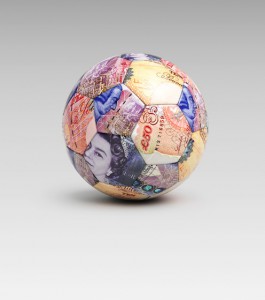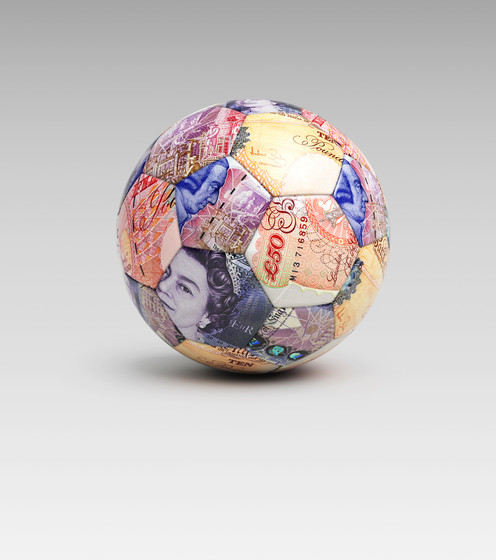 We’ve talked before about how soccer in China is all encompassing, if you are a close watcher of the game, it’s hard not to come across a wide variety of issues, be it corruption, business, politics, or social issues. While it sounds far fetched, the reality is that all these things creep into sports in China and most of all into the most popular spectator sport in the country.
We’ve talked before about how soccer in China is all encompassing, if you are a close watcher of the game, it’s hard not to come across a wide variety of issues, be it corruption, business, politics, or social issues. While it sounds far fetched, the reality is that all these things creep into sports in China and most of all into the most popular spectator sport in the country.
As the capital side, Beijing Guoan has always been one of the most forward thinking clubs in the league. It’s wide local support and its massive backing from China’s CITIC Group have meant that it’s always one of the richer clubs in the league, even if it hasn’t had the most success. It is one of the very few clubs in China that has maintained the same owners since it was founded, though it temporarily sold the naming rights of the team to Hyundai for a few seasons in the mid 2000s.
It appears that CITIC Group is starting to divest some assets in preparation for its own public offering and Guoan will be among them. All rumors seem to suggest this will only be a partial listing, with CITIC Group still controlling 51% or more of the club, but this is likely to happen in the very near future, by early next year at the latest.
From a fan’s point of view, this is great news, for the first time ever, they’ll have a shot at actually owning a piece of the club they love. It also should lead to more funds for the club as well as further transparency as the club will have to keep with the legal reporting standards of the Hong Kong market. However, for the investor it’s a different story. Chinese Super League clubs are highly unprofitable, supported heavily by government subsidies and sponsorship money. It is unlikely going public will affect the club’s management or lead to any real attempts to change that, nor is it likely to lead to full transparency about things like salaries and transfer payments. Further, as CITIC owns the club, they don’t pay the team for advertising rights on the front or backs of the kits, in theory once it goes public, this will change, but if CITIC still maintains partial ownership, it could just be more of the same.
Will investors buy with their hearts instead of their heads in this case? That same question is exactly what Manchester United is asking themselves as they consider purusing a massive offering on the Singapore market. Guoan are far from the world name that United is, but they have plenty of loyal supporters in Beijing and others may find the Chinese sporting market worth the risk.
In other business news, real estate companies have a growing influence over the Chinese football leagues, you need look no further than Guangzhou Evergrande. Recently, Wall Street Journal reported on record lows in occupancies for certain developers, with Greentown and Guangzhou R&F the very worst hit this year. Greentown owns Hangzhou Greentown, while R&F are the owners of China League Shenyang Ginde Changsha Jinde Shenzhen Mozamba Guangzhou Fuli, who currently sit two points away from promotion. How much will this affect these clubs transfer policies in the close season? I would assume it won’t make a massive difference, Greentown decided to double down during the summer transfer window and buy Mao Jianqing and R&F only recently took over in Guangzhou. A short term downturn in the property market is unlikely to have an impact on these clubs, but if this continues into next year, we may see some clubs spending more conservatively.
